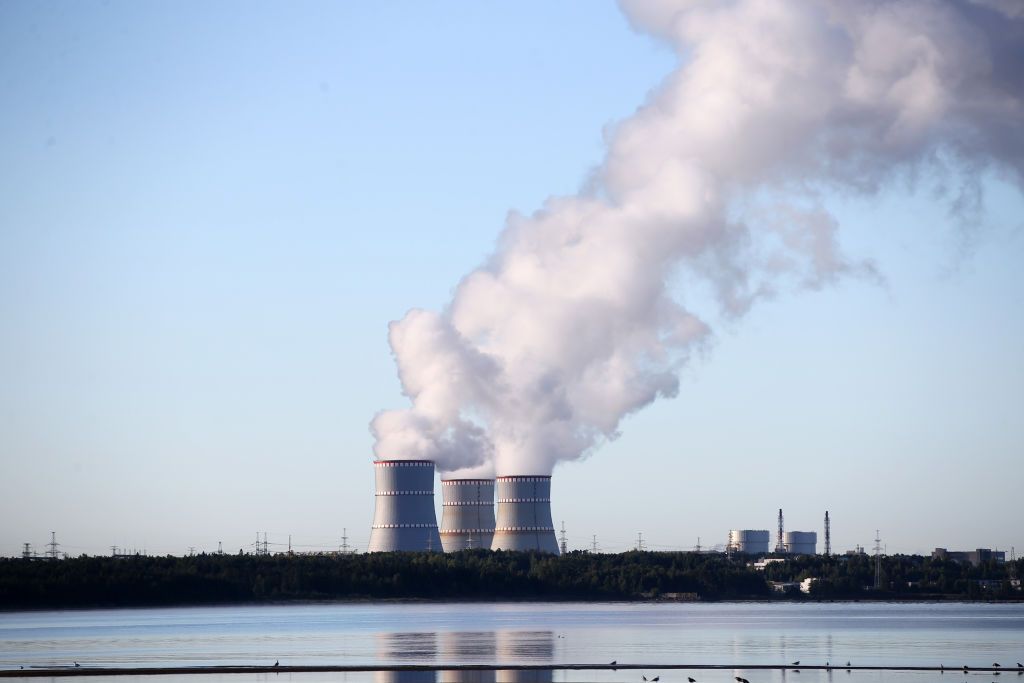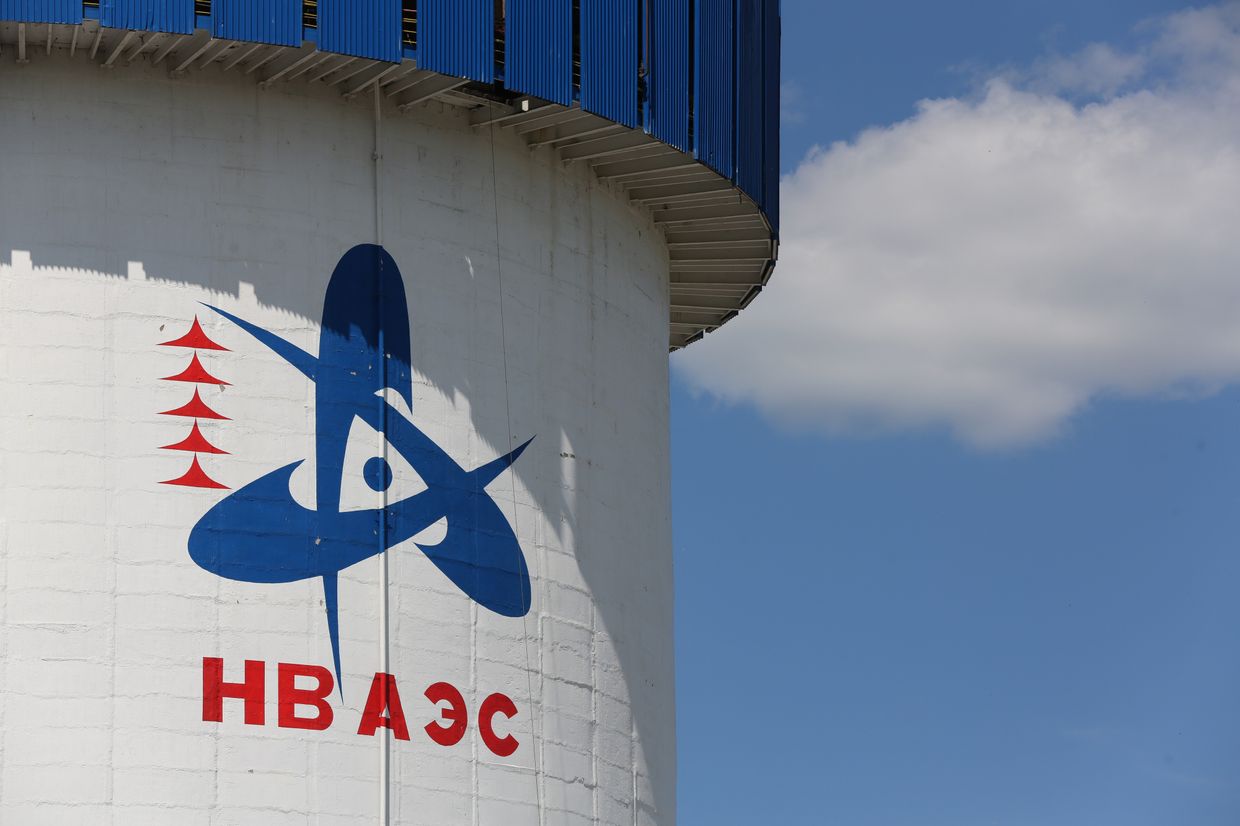Members of the Group of Seven (G7) jointly committed to reducing dependency on Russian nuclear fuel supplies to create "a diversified fuel supply chain free from Russian influence," a joint statement published on April 30 read.
Despite Western efforts to wean itself off Russian energy supplies, Moscow remains the biggest supplier of enriched uranium to the global market.
Rosatom, Russia's State Atomic Energy Corporation, provided 30% of enriched uranium supplies purchased by the EU and 23% of those bought by the U.S. in 2022, said the Royal United Services Institute (RUSI) in its March report.
"We note the ongoing efforts by countries which operate Russian-designed reactors to make progress in securing alternative nuclear fuel contracts and to reduce dependencies related to spare parts, components, and services," read the statement issued after a two-day ministerial summit in Torino, Italy.
G7 members also agreed to assist countries seeking to diversify their fuel supply.
The statement was issued the same day as the U.S. Senate passed legislation banning Russian imports of enriched uranium.
The signatories also condemned Russia's ongoing occupation and militarization of Ukraine's Zaporizhzhia Nuclear Power Plant, thus posing "severe risks for nuclear safety and security, with implications for the broader international community."
The Zaporizhzhia Nuclear Power Plant, the largest nuclear plant in Europe, has been under Russian occupation since March 2022.
Throughout its occupation, the plant has been repeatedly disconnected from the Ukrainian power grid due to Russian attacks on the country's energy infrastructure.
Russian troops have also used the plant as a platform to launch strikes at Nikopol, situated just across the Kakhovka Reservoir, and other Ukrainian settlements nearby.














